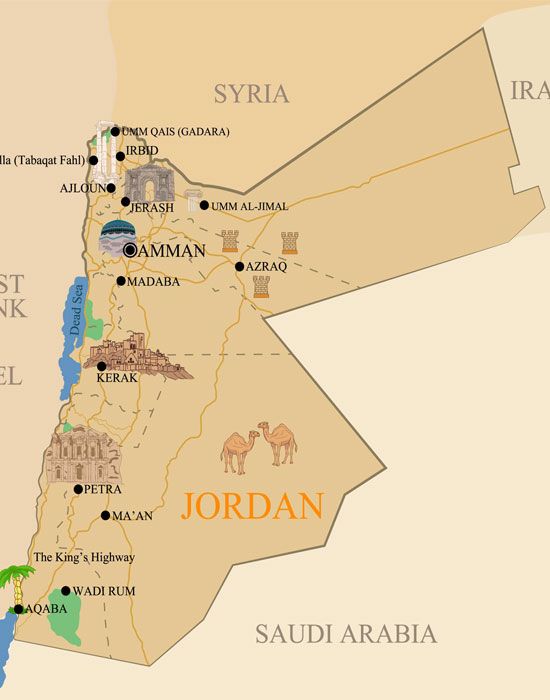Travel Information
Your partner in orient


JORDAN ORIENTATION
JORDAN TIME ZONE
![]() When in Jordan, remember to adjust your watch to the local time. The country is two hours ahead of GMT during the winter and three hours ahead during the summer months. This simple step ensures that you stay in sync with the local time as you travel within Jordan.
When in Jordan, remember to adjust your watch to the local time. The country is two hours ahead of GMT during the winter and three hours ahead during the summer months. This simple step ensures that you stay in sync with the local time as you travel within Jordan.
LANGUAGE
![]() Arabic stands as the official language of Jordan. However, English holds significant prominence, particularly within urban areas. Jordanians, often having traveled extensively and received education abroad, possess strong English proficiency. Additionally, while to a lesser degree, languages such as French, German, Italian, and Spanish are also spoken
Arabic stands as the official language of Jordan. However, English holds significant prominence, particularly within urban areas. Jordanians, often having traveled extensively and received education abroad, possess strong English proficiency. Additionally, while to a lesser degree, languages such as French, German, Italian, and Spanish are also spoken
ELECTRICAL INFORMATION
TIPPING ETIQUETTE
![]() As you traverse Jordan, you'll quickly recognize that tipping is a customary practice, intricately woven into the culture. It's important to note that tipping isn't obligatory; rather, it's a gesture meant to reflect the quality of service received. While those in the tourism industry do receive decent fixed salaries, tips serve as supplementary income. In certain situations, a service charge of 10% might be included in hotel and restaurant bills. Remember, tipping is a tangible way to show appreciation for exceptional service.
As you traverse Jordan, you'll quickly recognize that tipping is a customary practice, intricately woven into the culture. It's important to note that tipping isn't obligatory; rather, it's a gesture meant to reflect the quality of service received. While those in the tourism industry do receive decent fixed salaries, tips serve as supplementary income. In certain situations, a service charge of 10% might be included in hotel and restaurant bills. Remember, tipping is a tangible way to show appreciation for exceptional service.
CURRENCY DETAILS
![]() In Jordan, the official currency is the Jordanian Dinar, often abbreviated as "JD." It's subdivided into one hundred piasters or one thousand fils. The dinar maintains a fixed exchange rate with the US dollar. Presently, the exchange rate stands at JD 71 for every 100 US dollars.
While the US dollar is commonly accepted, it's recommended to have Jordanian dinars on hand for your travels within the country. This ensures smoother transactions and a seamless experience during your journey throughout Jordan.
In Jordan, the official currency is the Jordanian Dinar, often abbreviated as "JD." It's subdivided into one hundred piasters or one thousand fils. The dinar maintains a fixed exchange rate with the US dollar. Presently, the exchange rate stands at JD 71 for every 100 US dollars.
While the US dollar is commonly accepted, it's recommended to have Jordanian dinars on hand for your travels within the country. This ensures smoother transactions and a seamless experience during your journey throughout Jordan.
CREDIT CARDS AND TRAVELER'S CHEQUES
![]() During your travels in Jordan, you'll find that Visa and MasterCard are widely accepted, with American Express also being accepted but to a somewhat lesser extent, primarily in most shops. As for traveler's cheques, they can be converted into cash at exchange shops. However, it's important to note that a commission of up to 5% might apply for this service.
During your travels in Jordan, you'll find that Visa and MasterCard are widely accepted, with American Express also being accepted but to a somewhat lesser extent, primarily in most shops. As for traveler's cheques, they can be converted into cash at exchange shops. However, it's important to note that a commission of up to 5% might apply for this service.
JORDAN'S CLIMATE INSIGHT
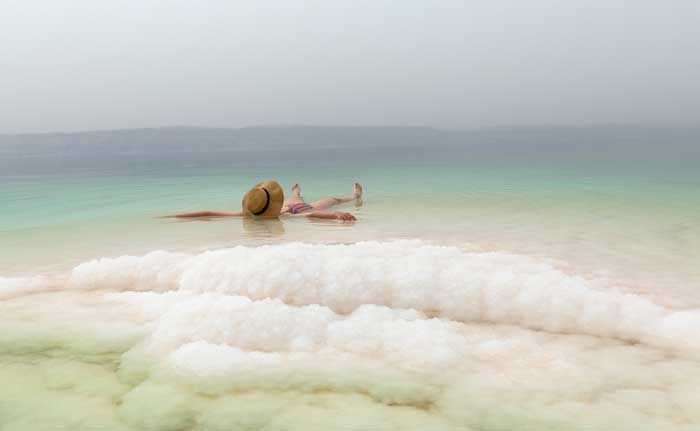
VISA REQUIREMENTS
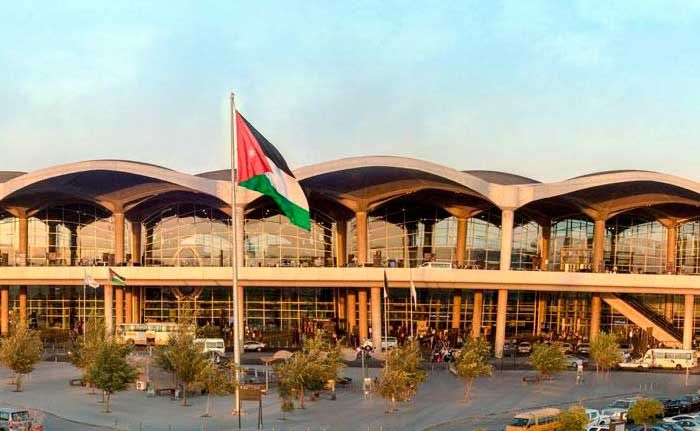
DEPARTURE FEES & TAX
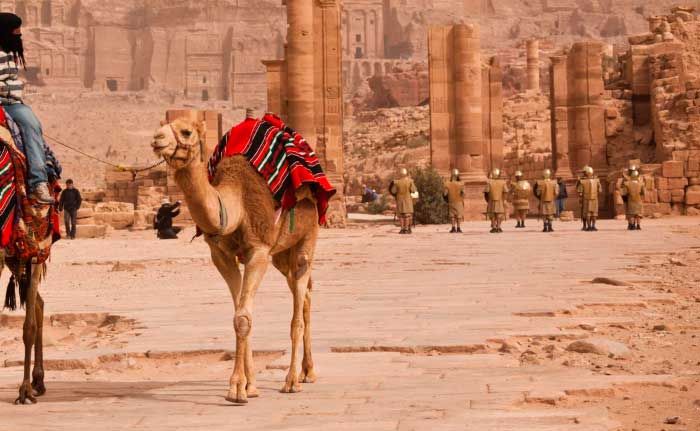
CLOTHING SUGGESTIONS, PHOTOGRAPHY & HEALTH TIPS
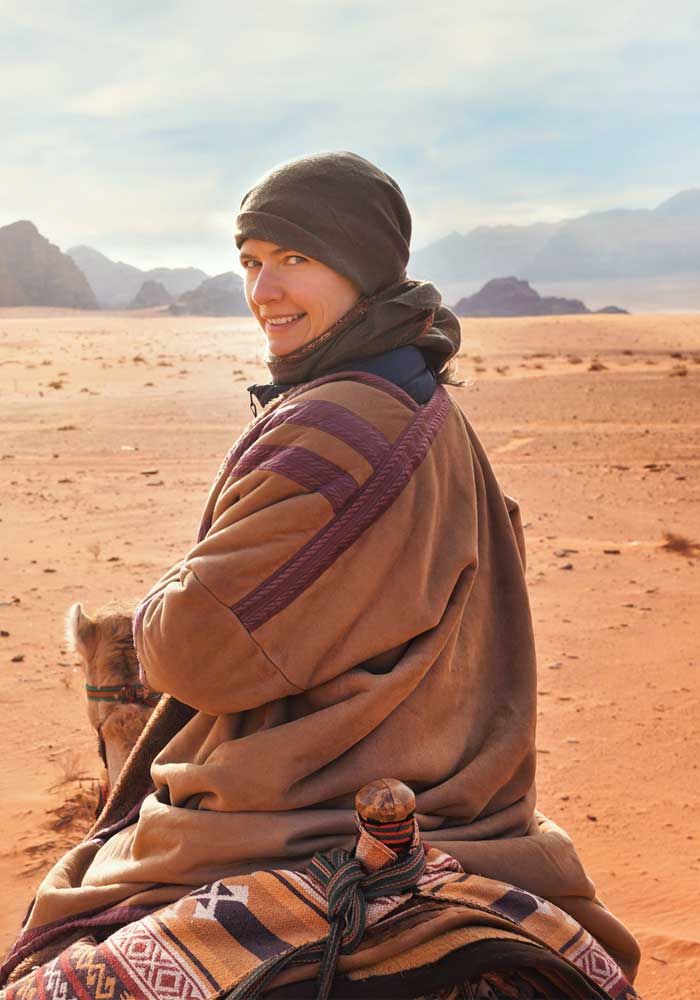
When embarking on a journey to Jordan, lightweight cottons and linens are recommended for the period between May and September to combat the summer heat. Conversely, warmer clothing is essential for the winter season and for cooler evenings in the summer. From November to April, rainwear might come in handy. Notably, Jordan is primarily a Muslim country, albeit relatively moderate in its conservatism.
It's important to exercise cultural sensitivity in attire choices. While revealing clothing is acceptable in tourist towns, conservative clothing is advisable, particularly in downtown Amman and rural areas. Carrying a sweater or shawl is prudent for cooler summer evenings.
Equally important are comfortable walking shoes, a sun hat, and sunscreen.
Visitors to Jordan need not worry about vaccinations. Throughout your stay, it's recommended to consume bottled water, although using tap water for showering and brushing teeth is generally safe.
When capturing images of locals on your journey through Jordan, it's courteous to seek their permission beforehand. Your guide can be of assistance in navigating this. However, exercise caution and refrain from photographing military installations or airports. To safeguard your camera, it's recommended to carry it in a dust-proof bag, ensuring it remains in optimal condition throughout your travels.
SHOPPING EXPERIENCE
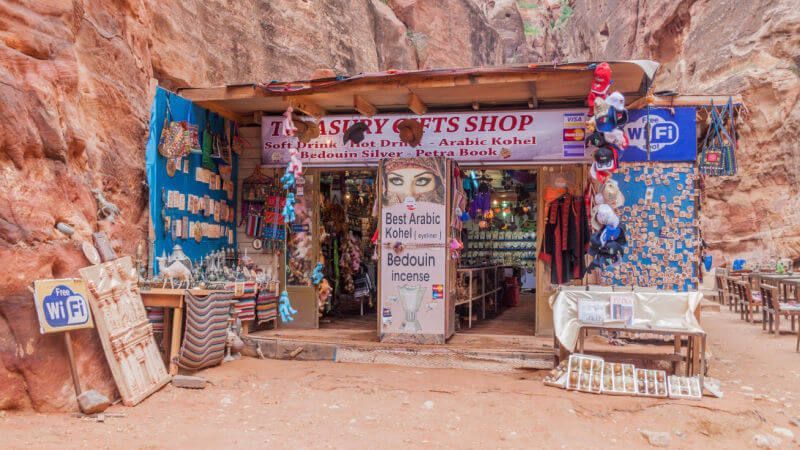
For avid shoppers, a journey to Jordan is a delight realized, as it unfolds into a haven of retail treasures. This shoppers' haven presents an array of exquisite offerings, ranging from hand-blown glassware and intricate inlaid boxes to shimmering silver, gold jewelry, and ornate brass and copper items. Carpets, antiques, leather attire, aromatic spices, alluring perfumes, alabaster creations, embroidered covers, wall adornments, and captivating furniture are among the plethora of items waiting to be discovered.
While this shopping paradise is a treat, it's important to observe regulations. The export of ancient artifacts is prohibited, and caution is advised when contemplating the purchase of "genuine antiques," as these sometimes prove to be masterful forgeries. A treasure trove of options awaits, ensuring a remarkable shopping experience in Jordan.


